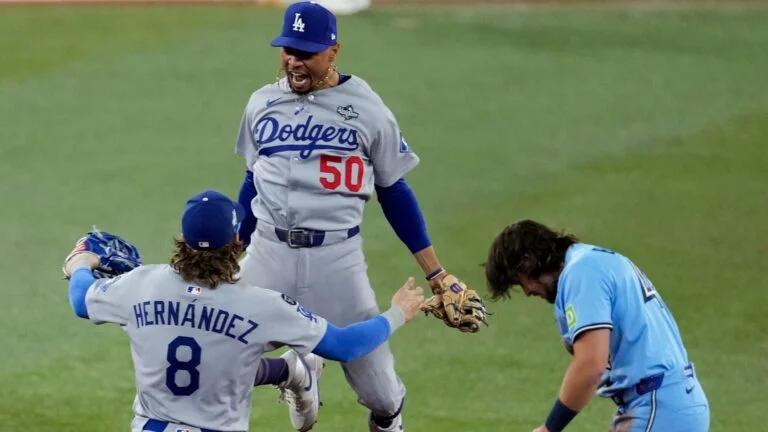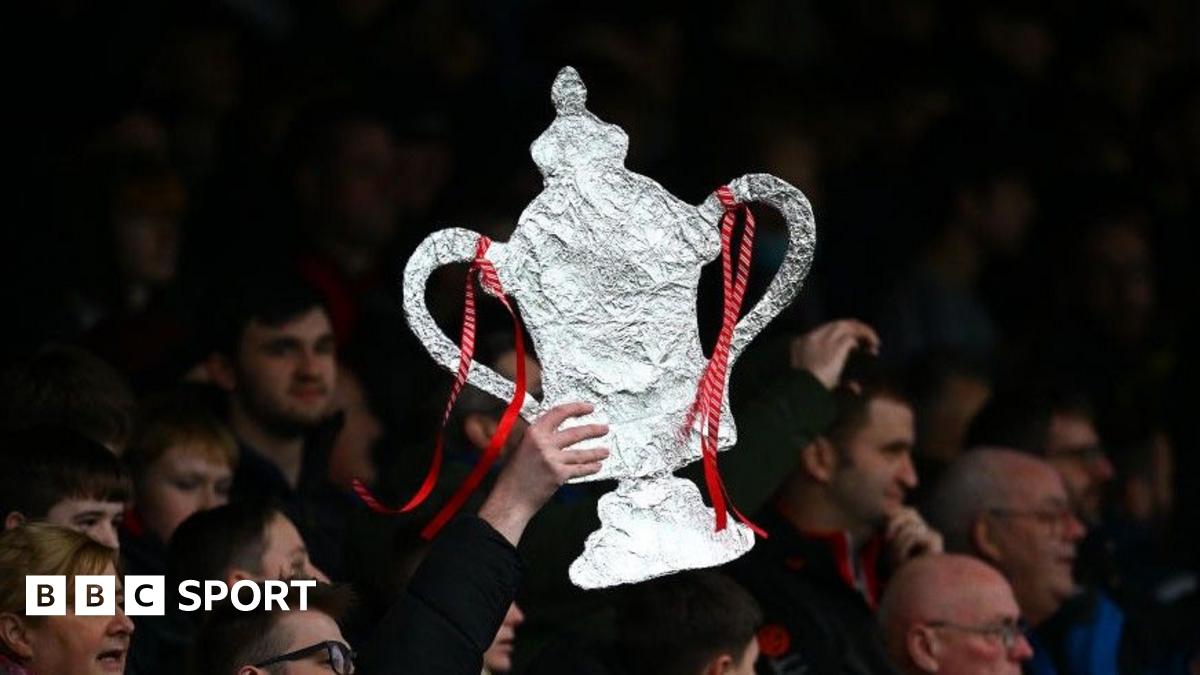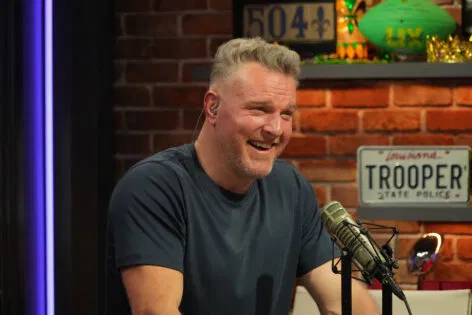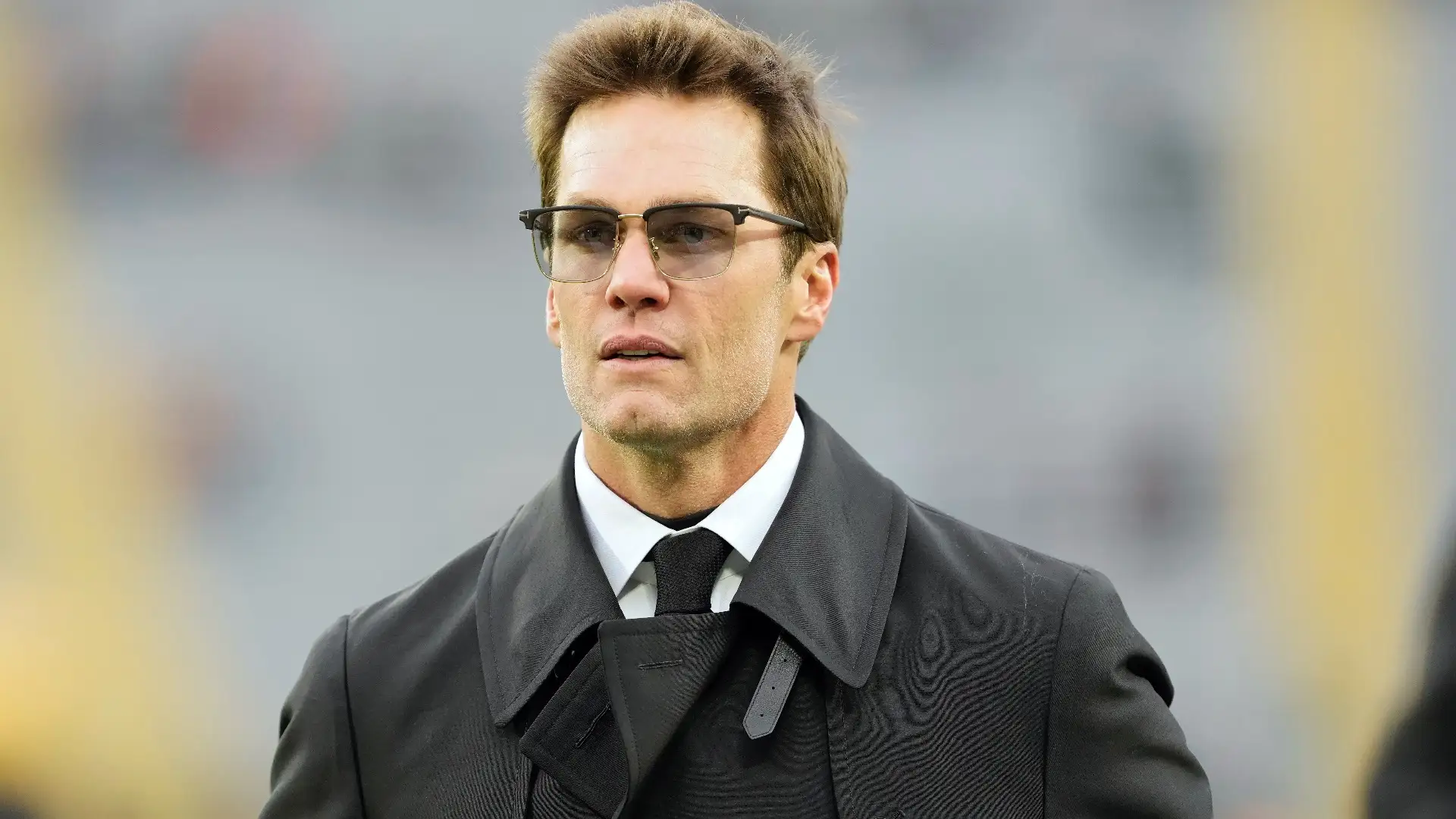Copyright The Hollywood Reporter
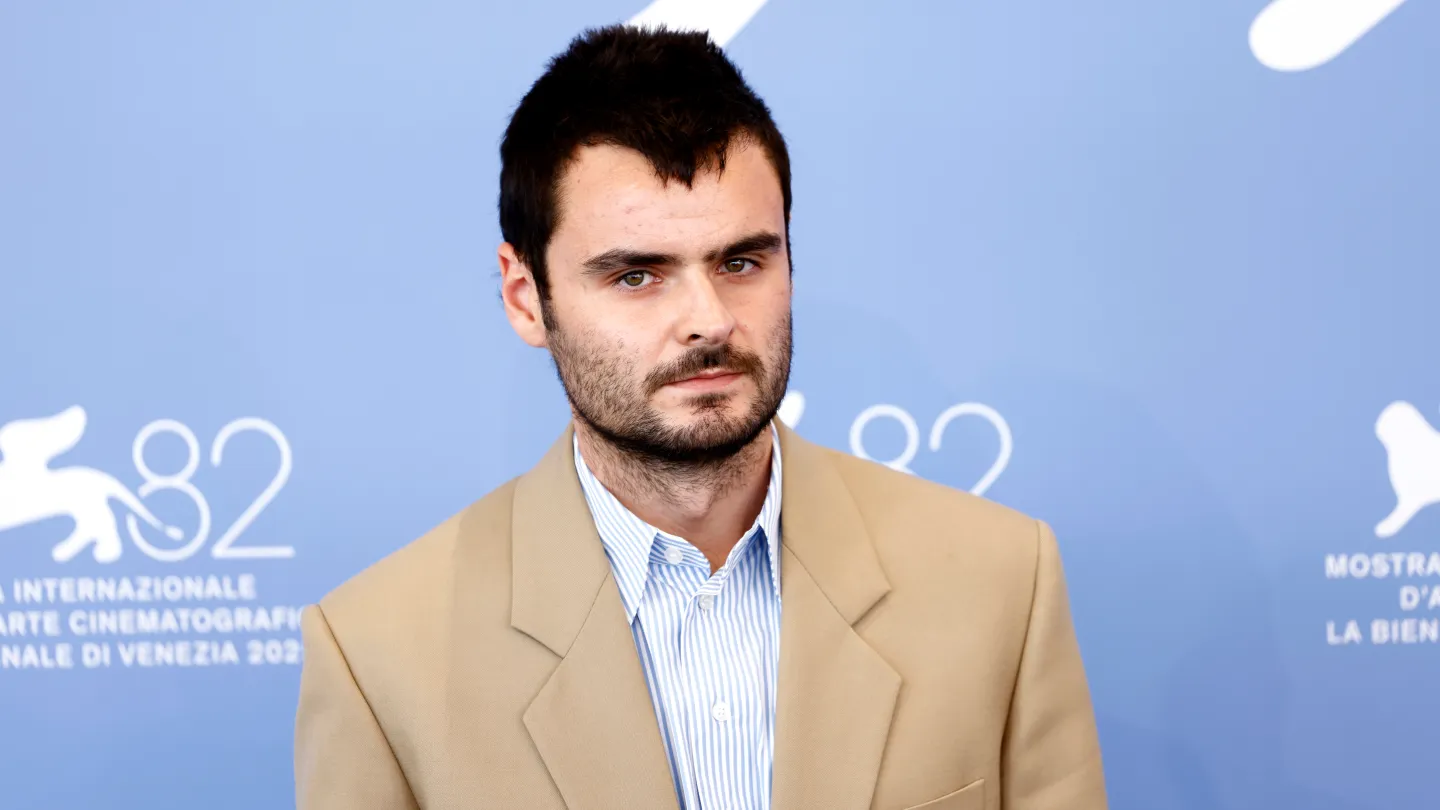
For nearly 10 years, Duke Nicholson — the 26-year-old grandson of Hollywood icon Jack Nicholson — has hovered at the edges of the movie business, quietly shaping his own path as both an actor and aspiring director while nurturing a hardcore obsession with classic film. He’s occasionally popped up in unexpected places — such as the cover model of Lana Del Rey’s 2019 hit album Norman Fucking Rockwell!, on the Venice Film Festival red carpet alongside Oscar Isaac and Jason Momoa in support of his role in Julian Schnabel’s In the Hand of Dante, or as a memorably creepy carny in Jordan Peele’s Us — but with The Deputy, a gritty, darkly comic crime thriller directed by longtime friend and collaborator Matt Sukkar, Nicholson takes center stage for the first time. Based on Victor Gischler’s novel and scripted by Narcos and Griselda co-creator Carlo Bernard, the film follows hapless part-time lawman Toby Sawyer (Nicholson), who’s jolted awake one night and told to guard a corpse that promptly disappears — setting off a frantic, one-night descent into small-town corruption. The project boasts an eclectic ensemble led by William H. Macy, Tiffany Haddish, Stephen Dorff and Julia Fox, with Billie Lourd, Devon Ross and Colleen Camp rounding out the cast. Produced by Andrew Stevens (The Boondock Saints, The Pledge — a late-career standout for grandpa Jack), Hicham Benkirane (Murder City) and Sukkar, with executive producers including Bernard, Gischler and Mark Canton (300, Den of Thieves), The Deputy is billed as offering a taut blend of noir atmosphere and pulpy plot beats — a character-driven thriller in the early Coen brothers vein. Highland Film Group launched international sales on the title at Cannes, securing deals across Europe, Australia and Canada, and will continue sales this week at the 2025 American Film Market ahead of a planned festival debut in 2026. The Hollywood Reporter recently connected with Nicholson over Zoom to discuss how he’s forged his own creative path, the lessons he’s drawn from his grandfather’s legacy and the thrill — and pressure — of carrying a film for the first time. How did you come to acting? Was it always assumed you’d go into film, given your family background? I don’t necessarily think so. It wasn’t assumed. My interest in film was definitely there, but I didn’t really think about it as a career path until I was probably 15 or 16. Then again, I didn’t really think about anything as a career path, so I guess it was just the first avenue I wanted to go down. Initially, I wanted to direct — that was my first thing. Then, in film class in high school, people asked me to act in their projects. I did that and was like, “OK, I like this too.” I acted in a couple of music videos, short films, stuff like that, and then got a manager and started auditioning. So how did this project come to you? What appealed to you about the script and the character? The director, Matt Sukkar, was actually my old roommate. We met at Sundance — I was there supporting a friend’s film, and he was there supporting a buddy’s movie. He said he was moving to L.A., and I said I was looking for a place, too. He’s a bit older than me, but we stayed in touch, had similar interests, and eventually decided to live together. We lived together for about two years in this little house shaped like a boat — we called it the Boat House. We did a few projects together — I acted in a short film he directed, and he produced a short I directed. Over the years, we’d read a few scripts, thinking maybe we’d find something bigger to do together. Then he got sent this script and immediately called me, saying, “This is going to be my first film, and your first starring role.” What appealed to me was the grittiness of it — the kind of Western elements, the way it reminded me of Scorsese’s After Hours, which was my favorite movie growing up. It’s got this chaotic, one-night-in-the-city feel with all these eccentric characters. It was just the ideal character I wanted to play — the kind of opportunity that doesn’t come around that often if you’re not already a movie star. You must get tired of being asked about your grandfather, but did he give you any advice about taking on your first starring role? I don’t know if he gave me specific advice for this project, but one thing he’s always emphasized is the importance of developing your own material — writing, creating projects with friends, being part of the process. He’s always been more than an actor; he’s a writer and director, too. That advice has been inspiring to me. I never want to just rely on self-tapes to feel creatively fulfilled. Do you look to his work for inspiration? Definitely. I’ve seen almost all his films. I mean, he’s incredible. The one that resonates with me most is The Passenger, the [Michelangelo] Antonioni film. His performance and the filmmaking in that are just amazing. The first movie I ever saw him in, though, was Anger Management with Adam Sandler — still arguably the greatest movie he’s ever made. (Laughs.) But yeah, I go up and visit him a lot, and we’re pretty close. You know, he’s just the best. How did you approach your character in The Deputy? He’s this part-time deputy who gets called in one night to watch a body after someone’s been shot in town. He leaves to cheat on his wife, and when he comes back, the body’s missing. That kicks off this one-night saga where he’s trying to track it down, and it turns out to be part of something much bigger. It’s one of those stories where someone who’s not equipped for a situation gets thrown into it, and you watch them grow and figure things out. He’s a part-time cop who doesn’t look or act like a cop — it’s his graduation to the big leagues, in a sense. It’s even a kind of coming-of-age story, though not in the usual way. It’s got some shades of the Coen brothers’ Blood Simple. What are you working on now? I’m mostly focused on writing my own stuff. I’m almost done with a script I want to direct myself. I’m still auditioning, too, but trying to direct is where most of my focus is right now. Eventually, the dream would be to act in the films I direct. John Cassavetes is my biggest hero. You also famously appeared on the cover of Lana Del Rey’s album Norman Fucking Rockwell! You’re named after the famous surfer Duke Kahanamoku. Do you surf? Is modeling something you’re also actively doing? How do you like to spend your time? Yeah, I’m named after Duke. He was an amazing guy — the one who brought surfing to the world. I occasionally surf, but not too much. And I’ve done some modeling, but I don’t exactly love it. I get asked about that album cover all the time, but there’s no big story behind it. Lana’s sister is a photographer and one of my close friends — she shoots all of Lana’s album covers. They just asked me to do it; it was a super spur-of-the-moment thing. I spend most of my time watching movies, going to theaters around L.A. like the New Beverly or the Aero. I try to see old movies three or four nights a week. I write, I watch a lot of sports, I spend time with my girlfriend, I watch movies obsessively — and that’s pretty much it.
